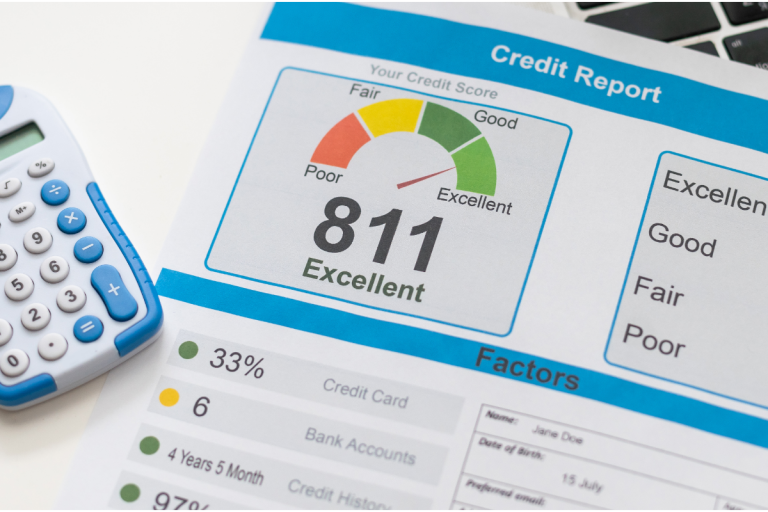
When it comes to buying a home, your credit score plays a crucial role in securing the best mortgage rate. A higher credit score not only increases your chances of loan approval, but it also ensures more favorable terms, potentially saving you thousands of dollars over the life of your mortgage.
Understand Your Credit Score
A credit score is a three digit number, ranging from 300 to 850, that represents your creditworthiness. When buying a home, lenders use this score to assess the likelihood that you will repay your mortgage on time. The higher the score, the better your chances of securing a mortgage with a lower interest rate. Your credit score is derived from several factors, including:
- Repayment History: This is the most significant factor. Timely payments boost your score while late payments harm it.
- Debt Utilization: This ratio compares your current debt to your credit limit. Lower utilization rates positively impact your score.
- Credit History Length: Longer credit histories contribute to higher scores.
- Credit Mix: A combination of credit types, such as credit cards, mortgages, and loans, can improve your score.
- New Credit Accounts: Opening multiple new accounts in a short period of time can negatively affect your score.
Steps to Improve Your Credit Score
Use these practical tips to help you improve your credit score.
- Get a Copy of Your Credit Report: Obtain copies of your credit reports from the three major bureaus – Equifax, Experian, and TransUnion.
- Report Errors: Studies show that 79% of credit reports contain a mistake. The types of errors to look for include incorrect personal information, accounts you did not open, incorrect payment status, and duplicate accounts. If you find an error, file a dispute with the credit bureau to have it corrected.
- Pay Your Bills on Time: Set up automated payments to ensure you never miss a due date. Late payments can significantly damage your score.
- Make Frequent Payments: Paying down your credit card balances twice a month can lower your debt to utilization ratio.
- Focus on High-Interest Debt: Pay down the credit card that is close to its limit. Your credit score is affected by your total debt-to-credit ratio.
- Request Higher Credit Limits Then Don’t Charge: Available balance helps determine your creditworthiness. Increasing your credit limits can help improve your debt utilization ratio. However, avoid using the additional credit to make new purchases.
- Keep Credit Cards Open: Even if you no longer use a credit card, keeping it open helps maintain your credit history length and improves your overall credit utilization. You will also want to avoid opening any others.
- Mix It Up: Having both a loan and credit credit can positively impact your credit score. A diverse credit portfolio demonstrates your ability to manage different types of credit responsibly.
A good credit score helps you qualify for a mortgage with better rates and can make you eligible for homebuyer programs. By understanding your credit score and taking steps to improve it, you will position yourself to make your dream home a reality.